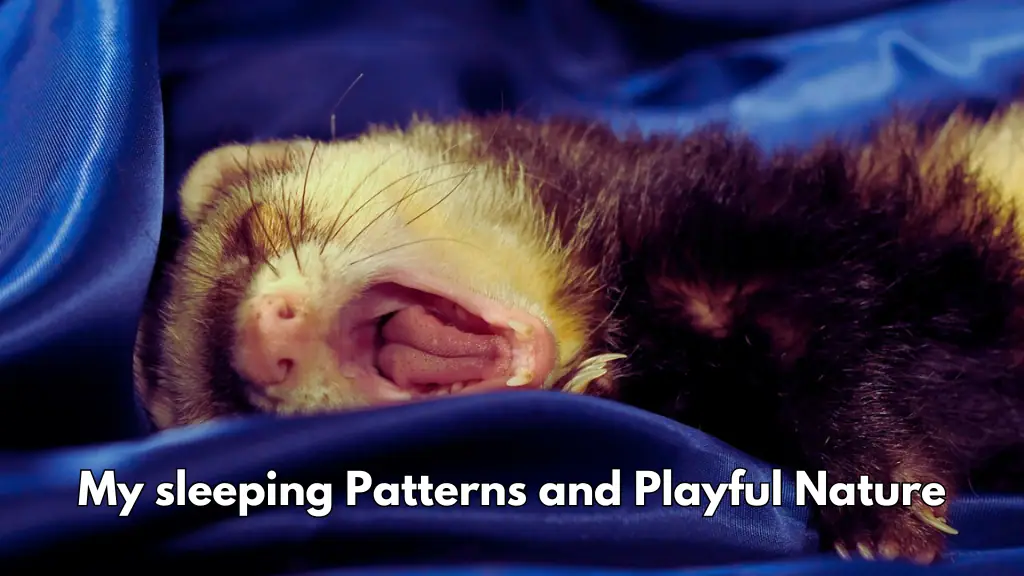Ferrets are fascinating members of the weasel family that have been domesticated for over 2,000 years. With their curious nature and playful demeanor, ferrets make engaging companions for those who understand their unique needs. This guide will provide you with essential information on ferret care, behavior, and maintenance, ensuring your furry friends lead a happy and healthy life.
Important to know before you take a ferret as a pet

Lifespan and Social Behavior
Ferrets typically have a lifespan of 5 to 7 years, although the record for the oldest ferret is an impressive 14 years! These social animals thrive on companionship. If you’re considering adopting a ferret, it’s highly recommended to adopt a pair. This ensures they have a constant playmate and reduces the likelihood of loneliness or boredom.
However, ferrets may not be suitable for households with small children. These delicate creatures can be easily injured if mishandled or dropped. Always supervise interactions to ensure the safety of both your ferret and your child.
Sleep Patterns and Playful Nature
Much like cats, ferrets are champion nappers, sleeping up to 20 hours a day. When they’re awake, they’re bundles of energy, showcasing an active and playful nature. Ferrets love to bounce around, inviting their humans to join in the fun. Responding to their playful antics often makes them even happier.
These curious pets enjoy exploring and crawling through various objects, including cardboard boxes, PVC pipes, dryer hoses, paper bags, and even your pant legs or shirt sleeves. Be mindful that ferrets may play rough and occasionally nip, especially when young. It’s crucial to teach them proper behavior early on to prevent problematic habits.
Ferret Odor and Grooming
Ferrets are naturally clean animals, but they are known for their distinctive musky odor. This scent is more pronounced in unneutered ferrets. Fortunately, most domesticated ferrets in North America are neutered at a young age, significantly reducing the intensity of their smell.
Ferrets also possess anal glands, similar to those of cats and dogs, which produce strong-smelling secretions when they’re frightened. Thankfully, many pet ferrets have these glands surgically removed, leaving only a mild musky odor caused by their skin oils.
Bathing Tips
While ferrets are adept at grooming themselves, occasional bathing can help alleviate itchiness caused by fleas or dry skin. However, over-bathing can strip their skin and coat of natural oils, prompting overproduction and worsening their odor. Limit baths to once or twice a month and always use pet-safe shampoo with warm water. Providing a bowl of water for your ferret to clean its face is usually sufficient for routine grooming.
Intelligence and Care Requirements
Ferrets are highly intelligent and social pets that require dedicated care. Despite their small size, they are not “pocket pets” that can be left unattended. Their care needs are comparable to those of cats or dogs, if not greater. From regular playtime and social interaction to proper diet and habitat maintenance, ferrets demand attentive and informed owners.
Final Thoughts
Owning a ferret can be a deeply rewarding experience, but it comes with significant responsibility. By understanding their unique needs and providing a stimulating, loving environment, you can ensure your ferret’s well-being and enjoy countless joyful moments together. Whether you’re adopting your first ferret or adding to your ferret family, these playful creatures will bring endless entertainment and affection into your life.
Read Also: Care for Crested Gecko: Housing, Feeding, Hydration, Handling and Interaction Tips

